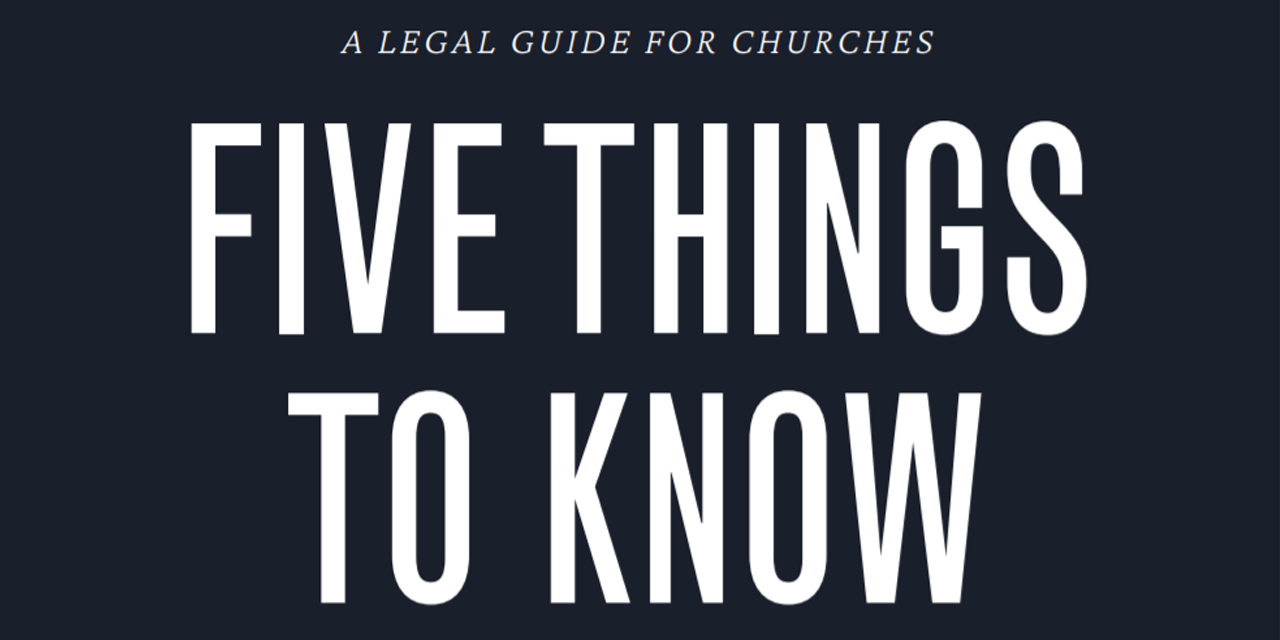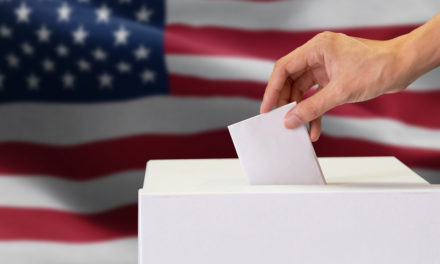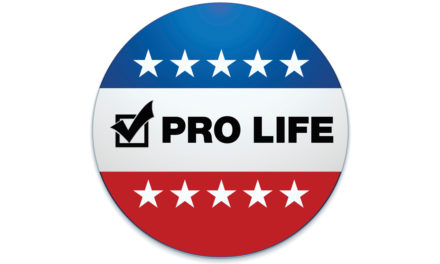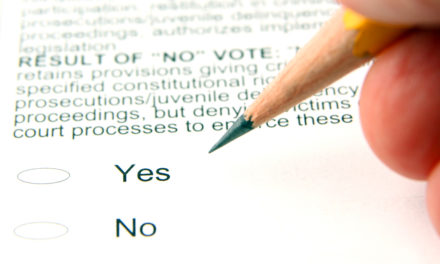People of faith tend to show great interest in political issues that impact life, families and freedom. During every election cycle, church leaders typically ask the same types of questions: Can we talk about political issues? Can we hold “get out the vote” campaigns? Do churches and pastors have to stay silent and completely out of the election season?
Many churches in America typically receive “friendly” letters from secular organizations like the American Civil Liberties Union gently reminding them that they can forfeit their tax-exempt status if they make a mistake in complying with IRS rules. The letters are civil enough, but the underlying implied threat is “keep quiet or else.”
Rather than being frightened into staying out of election year issues completely, our friends at Alliance Defending Freedom (ADF) have made available a 2020 election guide titled “Five Things to Know: A Legal Guide for Churches,” which they offer as a free download.
ADF has been working with churches for years, and sponsors a Pulpit Freedom Sunday every year to encourage pastors to preach fearlessly from the pulpit about any issues, including political ones, in order to challenge the “Johnson Amendment” that threatens churches with revocation of their tax-exempt status for speaking about subjects that may affect candidates or legislation. The IRS has never taken the bait and gone after any participating churches.
The election year guide is part and parcel of ADF’s ongoing goal of gaining back the right of churches and pastors to speak freely on any subject without fear of government punishment.
Admittedly, some of the IRS rules about elections can be tricky, and ADF invites churches to consult with their attorneys about specific questions. But there are some easy rules to remember.
First, pastors as individuals retain all their First Amendment free speech rights. So long as they act as individuals and not in their official capacity, they can speak, campaign for, contribute to candidates, etc. Everything that the rest of us take for granted. But things change when a pastor speaks for their church.
Second, churches can participate freely in nonpartisan election year activities such as voter registration and “get-out-the-vote” activities.
Third, there are numerous grey areas for churches like “lobbying” for or against legislation that are governed by vague IRS rules, for example, that lobbying cannot exceed “an insignificant amount” of the church’s time, activities or budget. Plus, there might be state laws regarding registering as a lobbyist. That’s when it’s time to get legal advice.
Finally, one clear line that churches can easily remember and comply with: No contributing to political candidates and their campaigns on the church’s dime. Pastors may, of course, continue to contribute out of their own pocket.
The guide contains other helpful information, including a handy checklist with yes/no answers on various election issues that instantly gives church leaders the quick answers they may be looking for.
Resource: Five Things to Know: A Legal Guide for Churches
Photo from Alliance Defending Freedom






